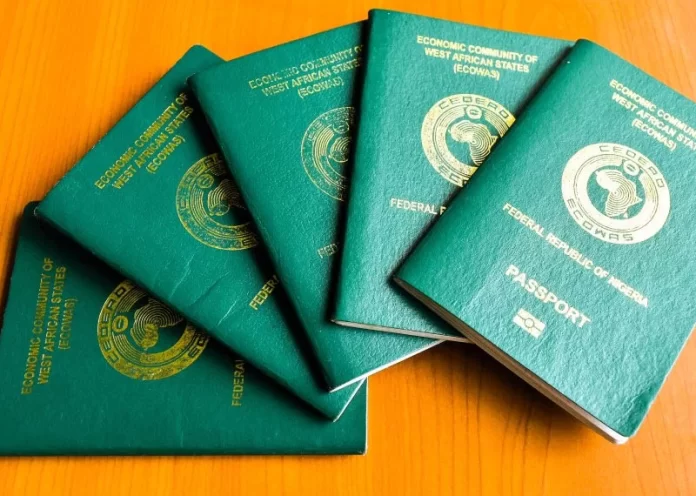South African President Cyril Ramaphosa has announced new visa policies aimed at easing travel for Nigerian businesspeople and tourists.
The measures include offering five-year multiple-entry visas and allowing Nigerian tourists to apply for visas without submitting their passports.
During his address at the 11th session of the Nigeria-South Africa Bi-National Commission (BNC) in Cape Town on Tuesday, President Ramaphosa, alongside Nigerian President Bola Tinubu, emphasized the importance of these reforms in strengthening bilateral ties.
“Our goal has been to simplify the visa process for Nigerian businesspeople traveling to South Africa. Qualifying Nigerian businesspeople will now receive a five-year multiple-entry visa,” Ramaphosa said.
He reiterated South Africa’s commitment to enhancing economic cooperation and addressing investment barriers. “As we celebrate 30 years of diplomatic relations, we are optimistic about the future of our partnership. Our strong friendship forms a solid foundation for deeper economic collaboration,” he added.
Ramaphosa acknowledged Nigeria’s efforts in hosting South African companies and expressed appreciation for South Africa’s openness to Nigerian businesses. He highlighted the need to remove any remaining obstacles to investment.
The South African president also praised Nigeria’s recent reforms aimed at improving its business environment, which he said were crucial in attracting more foreign investors, including those from South Africa.
“Our government is committed to improving the ease of doing business in South Africa, creating opportunities for investors to thrive across various sectors. We are excited to see more Nigerian companies invest in South Africa,” Ramaphosa said.
Additionally, Ramaphosa touched on broader African development issues, underscoring South Africa’s commitment to advancing the African Union’s Agenda 2063 at the G20 summit. “This marks the first time the G20 Leaders’ Summit is hosted on African soil. We are determined to garner support for Agenda 2063 as we push for a more inclusive global agenda,” he concluded.



